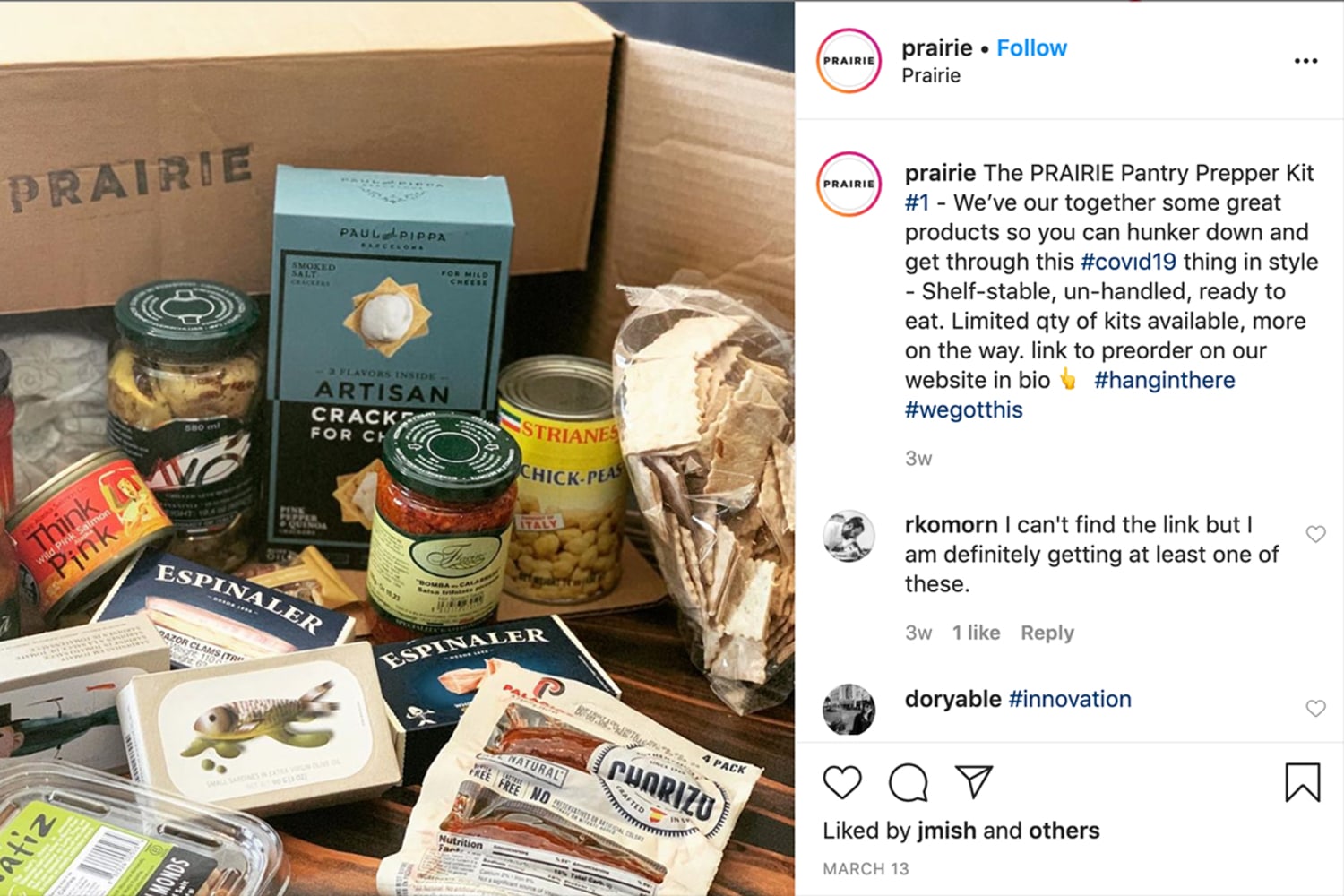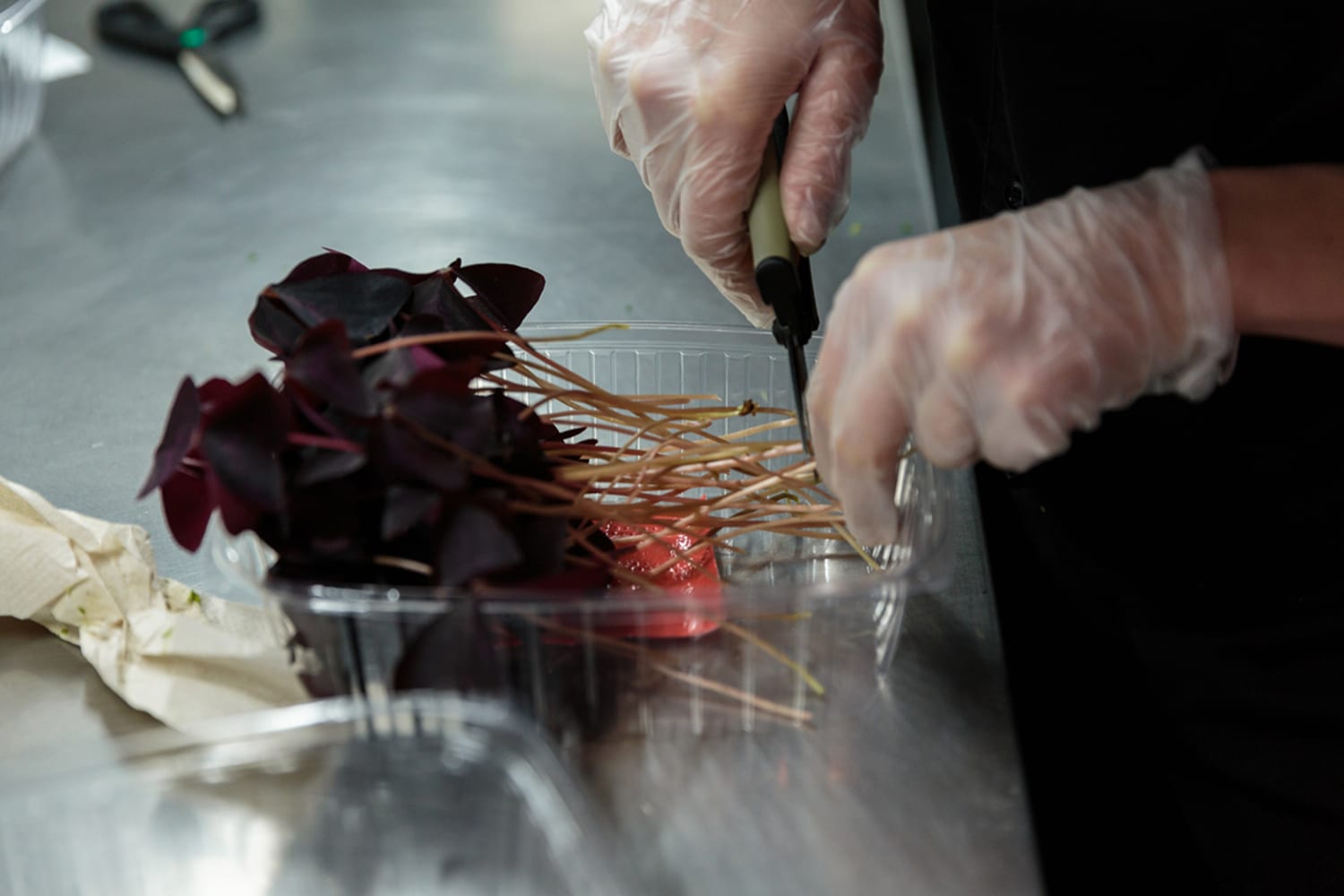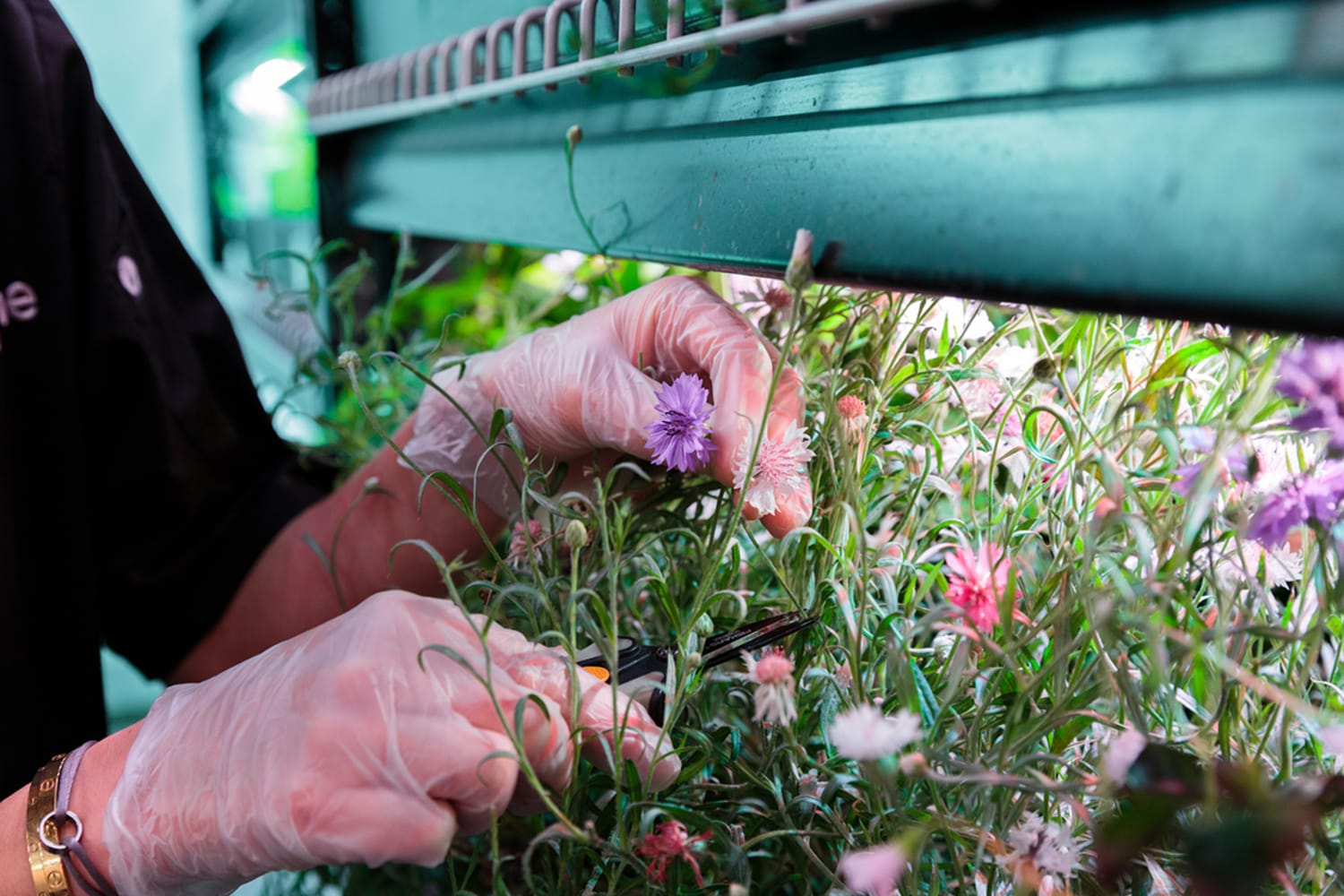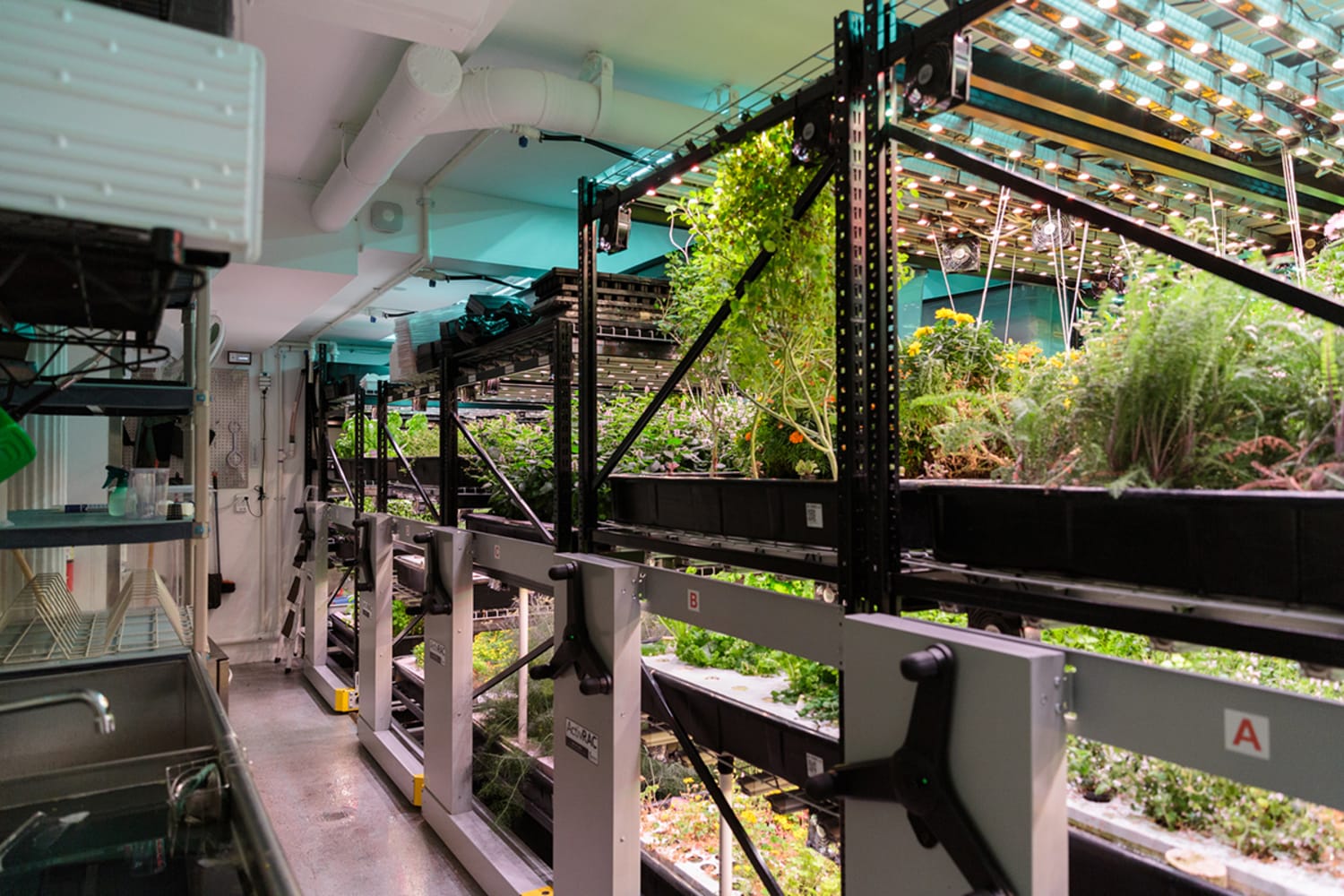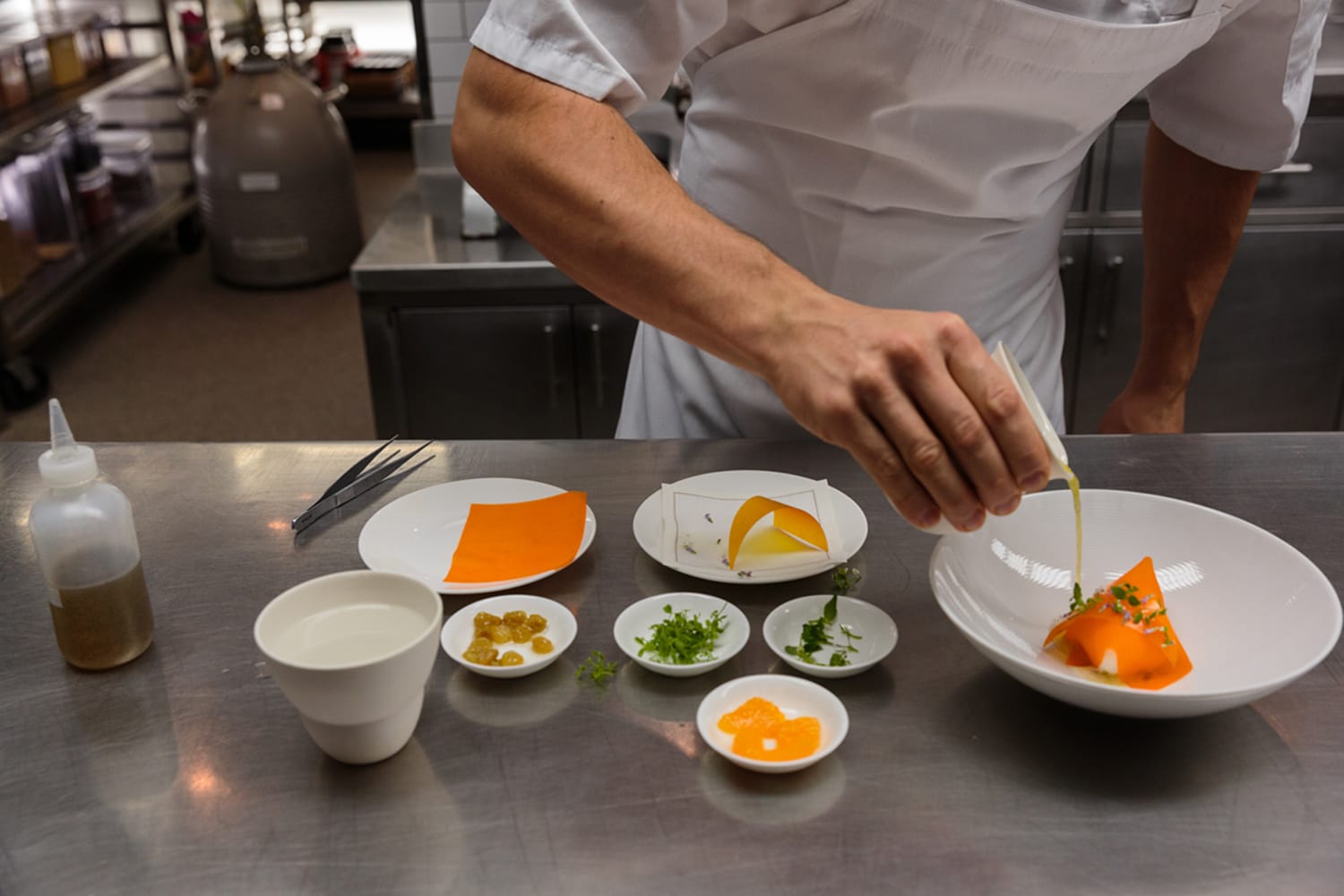Gourmands around the world turn to restaurants and chefs for the curated menus, unique flavors and rare ingredients that are the hallmarks of elevated dining. Now, culinary institutions are translating that refined expertise into a new breed of epicurean experiences. As in-house dining plummets, restaurants and restaurant providers are opening up their wares to the public—heralding the next generation of superstores, where gourmet restaurant meets farm share meets corner store.
With grocery stores, butchers and wine shops unable to keep their shelves full as panicked consumers rush to stock up, restaurateurs are stepping in, evolving into gourmet grocers selling consumers the same ingredients chefs used to create signature dishes, alongside shelf-stable pantry staples and daily household necessities like toilet paper and paper towels.

